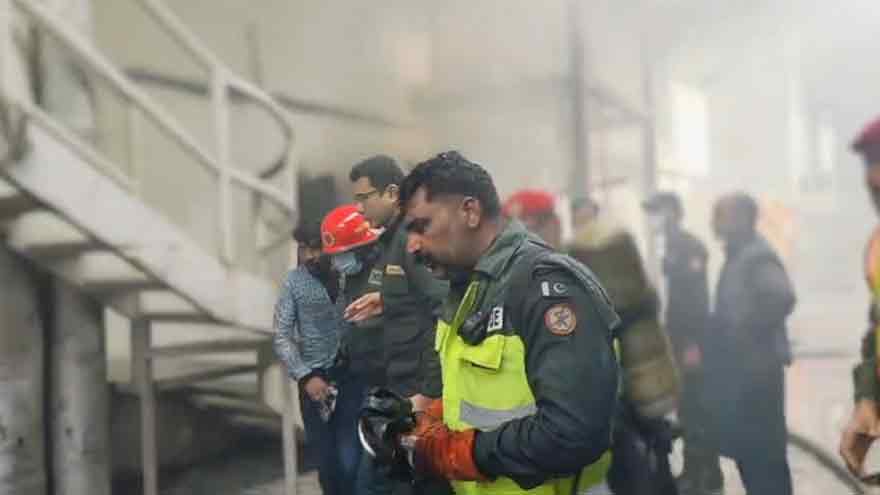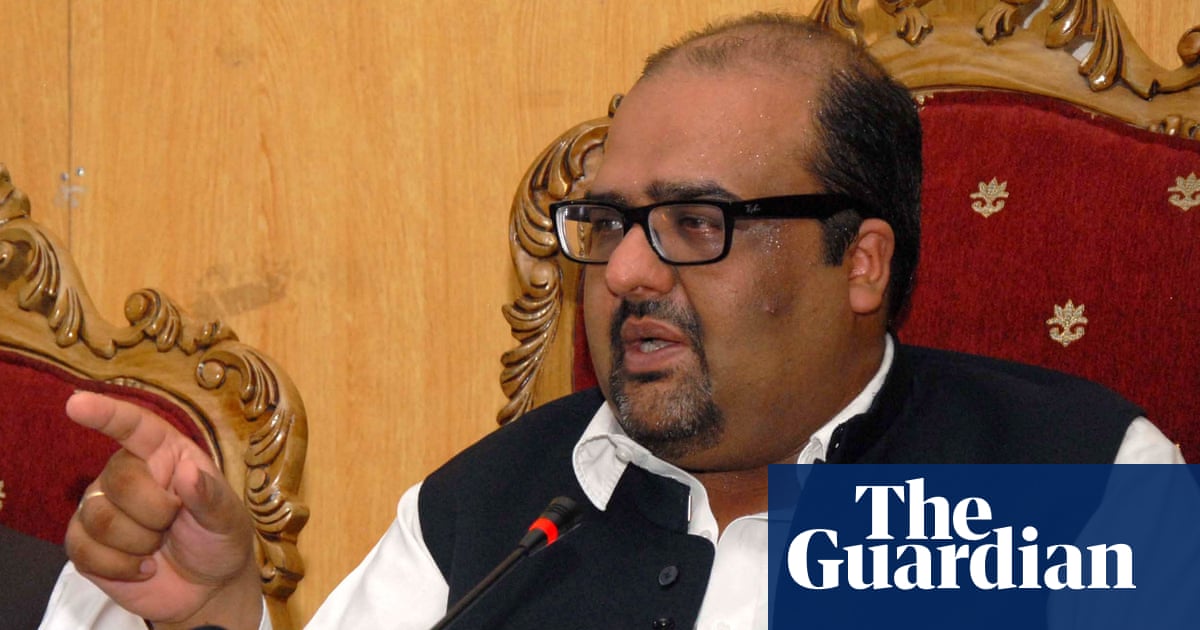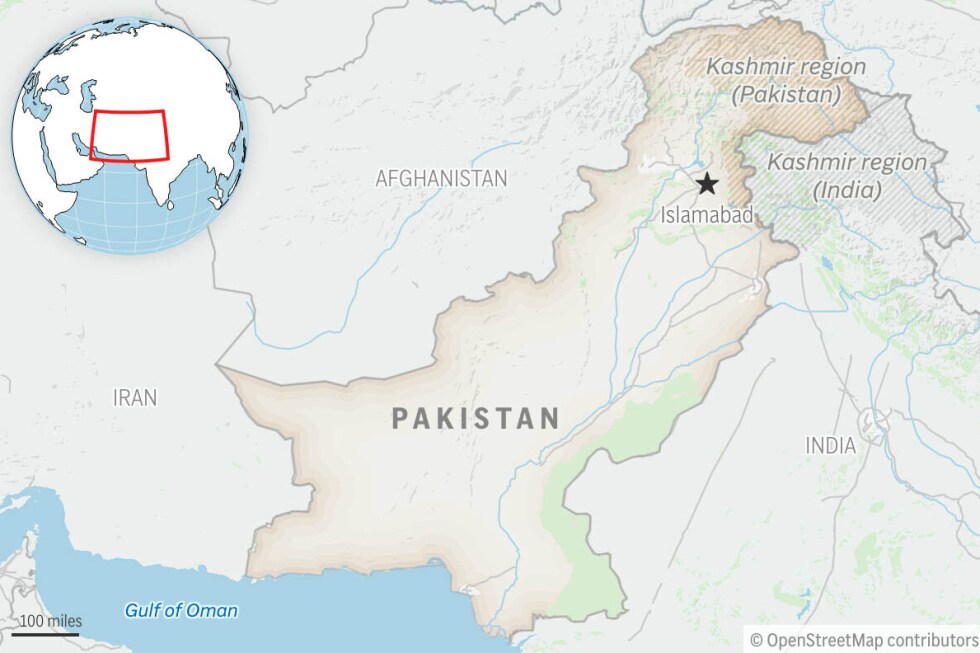LAHORE (Dunya News) – A sudden fire broke out in the basement of a local hotel in Gulberg, Lahore, resulting in the death of a man, while five others sustained burn injuries.
Rescue teams safely evacuated 180…

LAHORE (Dunya News) – A sudden fire broke out in the basement of a local hotel in Gulberg, Lahore, resulting in the death of a man, while five others sustained burn injuries.
Rescue teams safely evacuated 180…

Three men have been charged after a series of “highly targeted” attacks against two Pakistani dissidents living in Britain.
Police carried out a series of seven raids and arrests this week in London, Essex and the Midlands after four attacks,…

DERA ISMAIL KHAN, Pakistan — A suicide bomber detonated an explosive vest among guests at a wedding ceremony in northwest Pakistan on Friday, killing at least seven people and wounding 25 others, police said.
The attack took place at the home of…

DERA ISMAIL KHAN, Pakistan (AP) — A suicide bomber detonated an explosive vest among guests at a wedding ceremony in northwestern Pakistan on Friday, killing at least seven people and wounding 25, police…

Murree – District Police Officer of Murree, Dr. Muhammad Raza Tanveer Sipra, has confirmed that the “Queen of the Hills” is currently experiencing a fresh spell of snowfall, with up to four inches recorded at various locations so far. As…

Pakistan has a youthful demographic profile, with nearly 64 per cent of its population under the age of 30. This large youth population should be a blessing for the economy; however, the growing disparity between academic education and workforce…

Several members of peace committee were present at the house when the blast occurred; CM, governor order report
A screenshot from just before a blast at the house of an aman committee member in DI Khan on Friday. — SCREENGRAB

ISLAMABAD (AP) — An avalanche killed nine members of a single family in northwestern Pakistan on Friday while a heavy snowstorm the day before in neighboring Afghanistan left 11 people dead, officials…